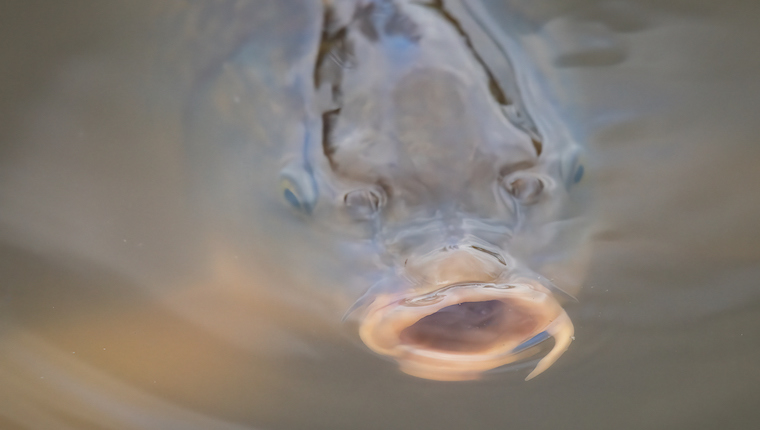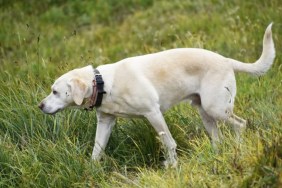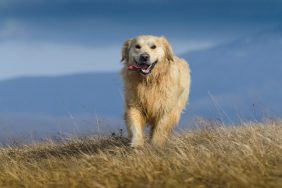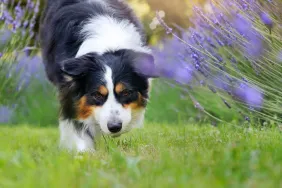Scientists have discovered a new tool in the fight against invasive species: the powerful canine nose.
In a new study published in Science Direct, researchers in Australian and New Zealand found that dogs can sniff out invasive carp. This research provides invaluable insight into the future of scent detection.
Better Than Technology
The study, cleverly named “How low can they go,” shows that specially trained dogs can detect whether carp are present in water without seeing them. Carp, native to central Asia, are extremely invasive fish. Because they damage the habitats in which they thrive, they pose a significant threat to lakes and rivers worldwide.
According to the experiment, researchers selected 8-year-old Ruby from 13 initial candidates to participate. Then, they presented her with water samples, some from tanks that contained water recently populated with carp or goldfish. Ruby, who is a Labrador Retriever and Border Collie mix, detected carp even in heavily diluted water. Amazingly, she could sniff out the pesky invaders in just 0.5 milligrams of carp per liter of water.
Using treats, researchers trained Ruby to correctly identify the smell of fish. This is the same way experts train Beagles to recognize the smell of illicit drugs. Similarly, Mellon, a yellow rescue Labrador, is trained to sniff out invasive snails in Florida.
The Future of Scent Detection
The researchers concluded that scent detection dogs may represent an accurate, efficient, and highly sensitive detection method for invasive carp. Compared to existing survey methods, scent detection dogs present a more time, cost, and labor efficient option. Not only would the use of scent detection dogs enhance invasive fish detection rates, but it could also facilitate more regular monitoring of lakes. Regular monitoring of lakes may help decrease levels of invasive carp permanently.
Dogs don’t yet receive a salary for sniffing out invasive species, but they do collect a fair amount of treats.









